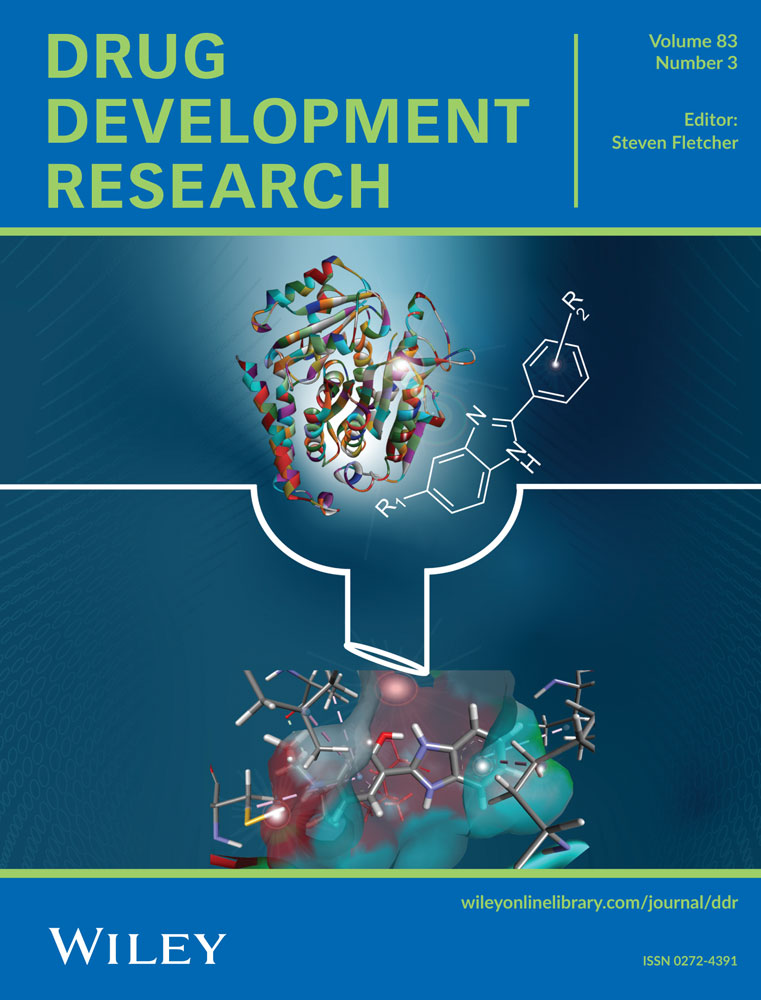Downregulation of LncRNA CCAT1 Enhances Chemosensitivity in Cisplatin-Resistant Gastric Cancer Cells
Abstract
Chemotherapy is an effective treatment for gastric cancer. However, many patients develop resistance to chemotherapeutic agents during clinical treatment. LncRNA CCAT1 has recently been shown to influence cellular resistance to specific chemotherapeutic drugs, but its role in gastric cancer remains underexplored. This study aims to investigate the role of LncRNA CCAT1 in cisplatin resistance in gastric cancer cells and its potential underlying mechanisms. Gastric cancer cell lines with acquired resistance were established. The expression of CCAT1 was assessed in both cisplatin-sensitive and cisplatin-resistant AGS cell lines. CCAT1 expression was knocked down in AGS/DDP cells, and the changes in IC50 values were measured using the Cell Counting Kit-8 (CCK-8) assay. Apoptosis in gastric cancer cells was evaluated by flow cytometry. Additionally, Western blotting was employed to measure the expression levels of PI3K/AKT/mTOR signaling pathway proteins and apoptosis-related proteins in both interference and control groups. RT-qPCR results indicated that CCAT1 expression was significantly elevated in cisplatin-resistant gastric cancer cells compared to non-resistant cells. Similarly, CCK-8 assay results demonstrated that knocking down CCAT1 in resistant cells increased their sensitivity to cisplatin treatment. Flow cytometry and Western blot results further confirmed that silencing CCAT1 promoted apoptosis in these cells. Additionally, the expression of PI3K/AKT/mTOR signaling pathway proteins was higher in resistant cells compared to their sensitive counterparts, and silencing CCAT1 in AGS/DDP cells resulted in reduced expression of these proteins. In conclusion, the above studies demonstrated that LncRNA CCAT1 induced cisplatin resistance in gastric cancer cells.

 求助内容:
求助内容: 应助结果提醒方式:
应助结果提醒方式:


